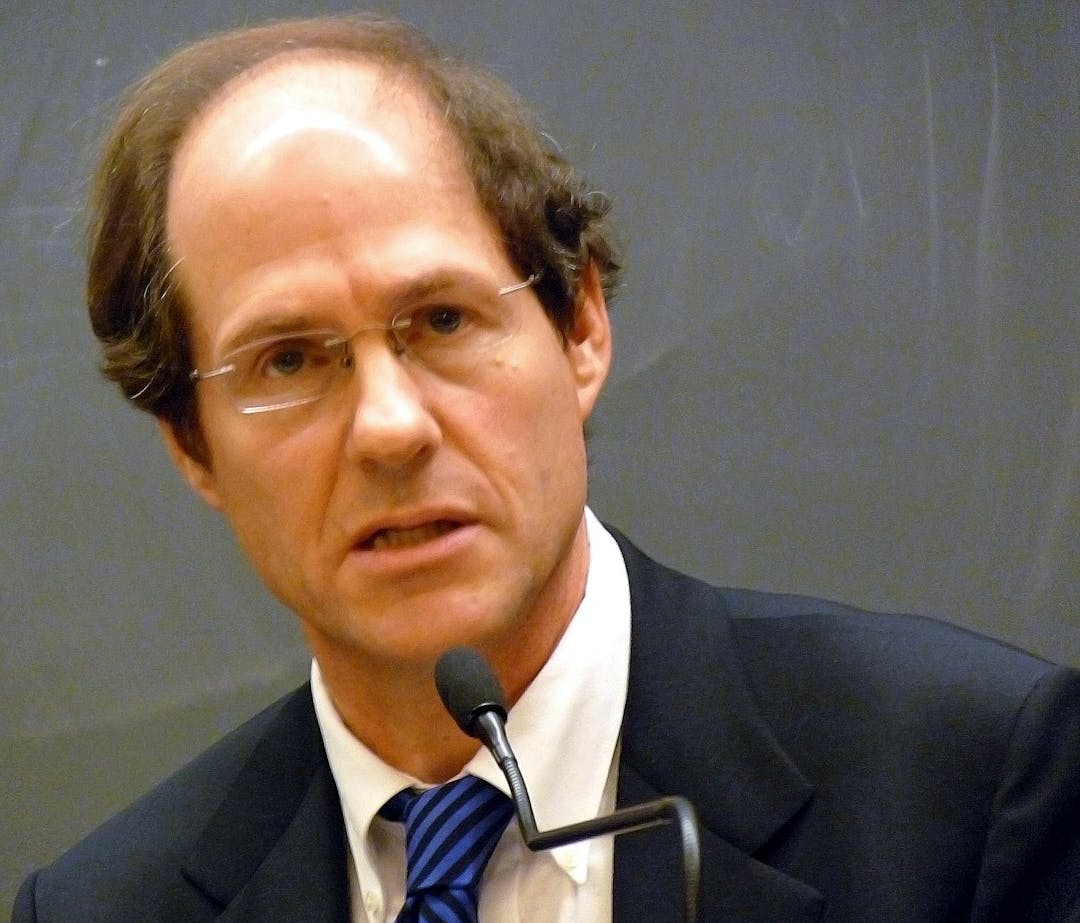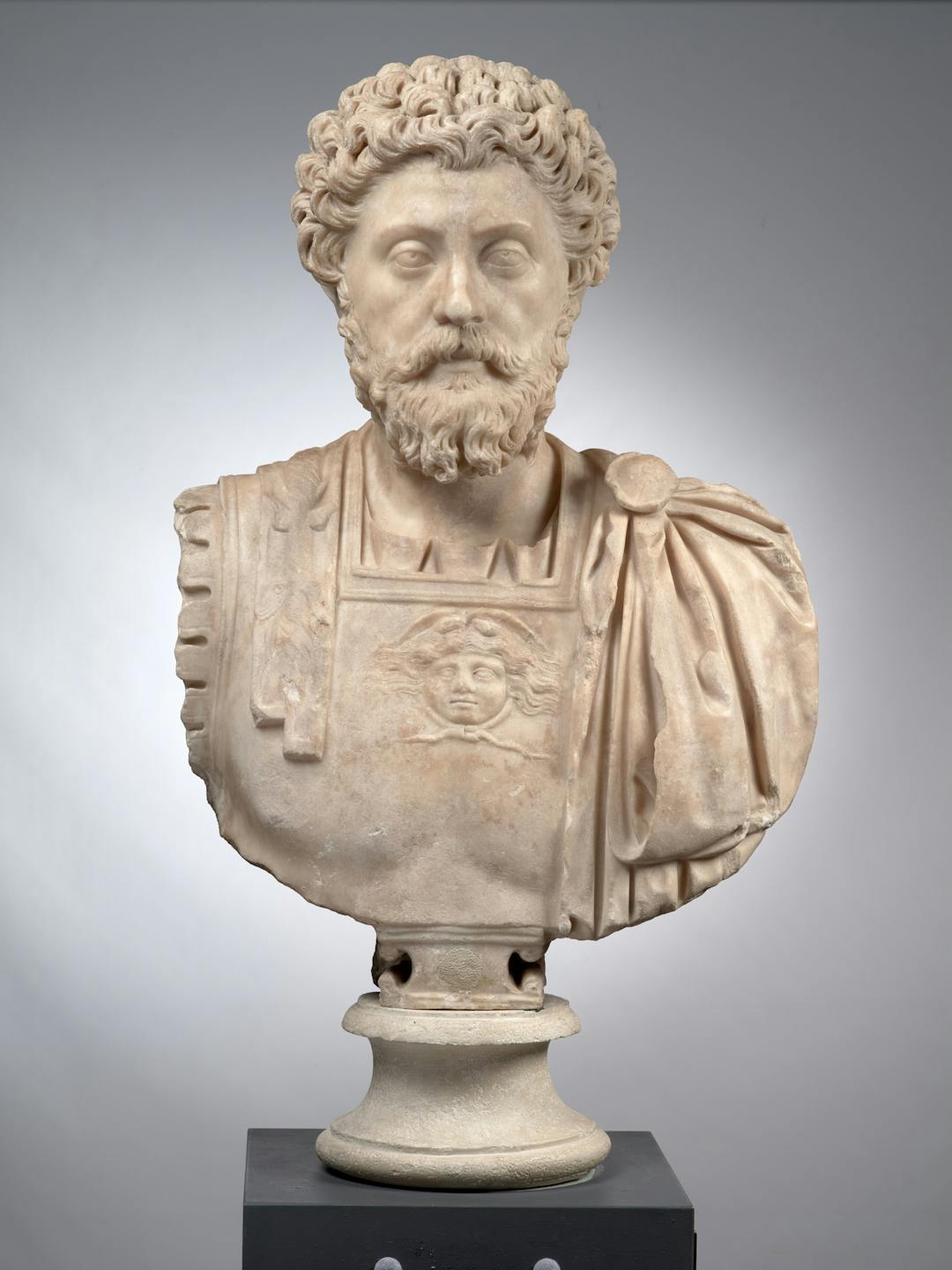Kathleen Vohs
Helping us exercise more self-control, how money makes us feel more independent, and why women ‘own’ sex.
Intro
Dr. Kathleen Vohs is a psychologist whose research has been embraced by the world’s most influential leaders, such as Mark Zuckerberg and Barack Obama, to name just two1. She is currently the Land O'Lakes Chair in Marketing at Carlson School of Management at the University of Minnesota, holding the title of Distinguished McKnight University Professor. In her two decades of postdoctoral research, she has made significant contributions to social psychology and behavioral science, especially within her core interests of self-regulation, finding meaning in life, the psychology of money, and heterosexual sexual negotiations. Vohs has authored more than 250 scholarly publications and has been the editor of 9 books. She is particularly well-known for her longtime collaboration with social psychologist Roy Baumeister.
For decades, economists have had the last (and often the only) word on money, and yet some of the biggest worldwide events of recent history stem from a failure to understand the psychology of money. The time is now for psychological scientists to delve into why and how even the mere idea of money can change responses and behaviors.2
On their shoulders
For millennia, great thinkers and scholars have been working to understand the quirks of the human mind. Today, we’re privileged to put their insights to work, helping organizations to reduce bias and create better outcomes.
Main Ideas/Contributions
Self-regulation - doing what you think you should do, instead of what you want to do
Much of Vohs’ early research focuses on people’s ability to self-regulate, or exercise control over their emotions and behavior. She has published several papers stemming from the idea that self-regulation relies on limited cognitive energy, which is depleted over time. This is also linked to the idea of ‘ego-depletion’. For example, along with Roy Baumeister, she found that having to make multiple choices reduces our ability to exercise self-control in the future3. In another experiment, the two of them observe how long-term self-regulation affects our ability to manage the impression we have on other people4. Vohs and Baumeister went on to publish the Handbook of self-regulation: Research, theory, and applications5, which is now in its third edition. The book gives a thorough overview of the major schools of thought around self-regulation; what causes it, how an understanding of it can predict our behavior, and how we can influence it to be more successful.
“It’s almost a truism that people desire positive experiences and avoid negative ones. Yet trying to live in a world without challenge, troubles, or difficulties is both not realistic and, we thought, could actually make for a less meaningful life.” [13]
The Psychology of Money - how money makes us more independent and less considerate of others
Another topic that Vohs has devoted much time to investigating is the impact that money and monetary rewards have on our behavior. In a series of experiments summarised nicely in their 2006 paper6, Vohs and her colleagues found that priming participants with reminders of money could expose a pattern in their behavior. Those who had been exposed to money cues showed reduced helpfulness toward others and tended to ask for help less than those who had not been primed. “Relative to participants primed with neutral concepts, participants primed with money preferred to play alone, work alone, and put more physical distance between themselves and a new acquaintance”. In later experiments7, Vohs found that just exposing people to the idea of money resulted in them endorsing free-market systems and expressing less disapproval of social inequality. Such findings have opened the door to a whole world of research into how money can be used to influence behavior, especially in advertising.
“Using your mind to make decisions is a very taxing enterprise. When people make decisions, it turns out that it takes energy away from their entire psychological system. That energy is needed specifically for controlling their behaviors, making other good decisions down the line...doing the right thing essentially. So you’ll see people from President Obama, Mark Zuckerberg, Jeff Bezos, and going back to Einstein; all wearing the same one or two outfits every single day as a way to minimize the number of decisions that they have to make on what would be called trivial, or what President Obama calls ‘trivial or routinised decisions’”. [14]
Sexual Economics - A gendered marketplace
Vohs and Baumeister proposed their theory of sexual economics in their 2004 paper ‘Sexual Economics: Sex as Female Resource for Social Exchange in Heterosexual Interactions’8. They argue that heterosexual relationships can be analyzed as a marketplace in which women control sex as a resource, while men try to obtain sex from women by offering other resources in exchange, monetary or otherwise. In their experiments, Vohs and Baumeister observed how men and women often disagree on when sex should take place in a relationship (men usually think it should happen after far fewer dates than women). They also found that when couples were asked to remember at what point they first had sex in their relationship, the actual occurrence was almost perfectly correlated to the preference of the women, thereby strengthening the idea that women “own sex”, and decide when it takes place. In other experiments, Vohs looked at how women sometimes use their sexuality as a form of advertising9 and often dress more provocatively in situations where they face more competition from other women. As a theory, sexual economics is a useful lens through which we can examine the causes of domestic violence, pornography consumption, and sex work. However, critics of sexual economics argue that is it an outdated approach that doesn’t account for a feminist or gender-inclusive approach to sexual relationships.
Biography
“In the aggregate, the more than people use self-control the less they have available to them later to be able to use successfully”. [15]
Kathleen Vohs graduated from Gustavus Adolphus College with a B.A. in Psychology in 1996.10 She then went on to pursue her Ph.D. in Psychological and Brain Sciences at Dartmouth, followed by postgraduate fellowships at Case Western Reserve University and the University of Utah in the early 2000s.
Voh’s early research centered on social psychology, including the fellowship funding she received from the National Institutes of Mental Health in 2000 to investigate "Self-Regulatory Resources and Interpersonal Functioning”. While at Case Western Reserve University, Vohs began to collaborate with Roy Baumeister - one of the most prominent social psychologists in America at the time. They’ve since published numerous papers together and co-edited the ‘Handbook of self-regulation: Research, theory, and applications’, which is in its third edition . Baumeister and Vohs’ research has explored areas as diverse as life meaningfulness11 and sexual economics8. They are probably best known for their work on self-regulation, as well as their 2001 ‘Bad is stronger than good’ paper12, which lends weight to the argument that ‘tougher’ life experiences are in fact more meaningful.
“Clutter is very stressful on people's psychology, and there have been a number of studies that have looked at what clutter does to people's minds, and from that we can take the perspective that things that are tightly organized are going to have the opposite effect.” [16]
In 2003 Vohs moved to Canada to become a faculty member at the Saunder School of Business at the University of British Columbia. She was named Canada Research Chair for Marketing Science and continued to publish extensively. She returned to the United States in 2005, becoming an Assistant Professor at Carlson School of Management at the University of Minnesota, where she continues to teach today. By the late 2000s, she was a globally recognized thought leader in behavioral science.
Since 2014, Vohs has been the Land O'Lakes Chair in Marketing at Carlson School of Management, and in 2016 she was honored with the title of Distinguished McKnight University Professor. Her list of awards is extensive, but some notable accolades include - 'Best Business School Professors Under 40' by Poets and Quants and 'Breakthrough Business Thinker to Watch' by Inc.com. She was named a Highly Cited Researcher by Thomson Reuter's ISI Web of Science in 2015, 2016, 2017, and 2018 - a distinction only given to the top 1% of most-cited scholars worldwide.
"Overload makes people move into a less deliberate mode of decision making. People might be more likely to be lured by brand names, fooled by discounts on items that they might not really want, and susceptible to other influences."
Further Resources
Lectures/Videos
- Stanford Graduate School of Business (2011): Money Makes People Less Socially Focused
- Carlson School of Management (2018): How Respect Affects Trust
- Youtube (2013): Sexual Economics: A Model of Heterosexual Behavior by Dr. Kathleen Vohs
- AARP Washington State (2013): Willpower & Self Control in Consumer Decision Making
Interviews/Articles
- Carlson School of Management Alumni Magazine (2019): Professor Kathleen Vohs Explains How Negative Experiences Can Add Meaning to Life
- The New York Times (2013): It’s Not ‘Mess’ It’s Creativity
References
- INSEAD Knowledge, (2020). “Kathleen D. Vohs Bio”. Accessed 30/12/2020: https://knowledge.insead.edu/users/kathleenvohs
- Vohs, K. D. (2015). Money priming can change people’s thoughts, feelings, motivations, and behaviors: An update on 10 years of experiments. Journal of Experimental Psychology: General, 144(4), e86.
- Vohs, K. D., Baumeister, R. F., Schmeichel, B. J., Twenge, J. M., Nelson, N. M., & Tice, D. M. (2014). Making choices impairs subsequent self-control: a limited-resource account of decision making, self-regulation, and active initiative.
- Vohs, K. D., Baumeister, R. F., & Ciarocco, N. J. (2005). Self-regulation and self-presentation: regulatory resource depletion impairs impression management and effortful self-presentation depletes regulatory resources. Journal of personality and social psychology, 88(4), 632.
- Vohs, K. D., & Baumeister, R. F. (Eds.). (2016). Handbook of self-regulation: Research, theory, and applications. Guilford Publications.
- Vohs, K. D., Mead, N. L., & Goode, M. R. (2006). The psychological consequences of money. science, 314(5802), 1154-1156.
- Caruso, E. M., Vohs, K. D., Baxter, B., & Waytz, A. (2013). Mere exposure to money increases endorsement of free-market systems and social inequality. Journal of Experimental Psychology: General, 142(2), 301.
- Baumeister, R. F., & Vohs, K. D. (2004). Sexual economics: Sex as female resource for social exchange in heterosexual interactions. Personality and Social Psychology Review, 8(4), 339-363.
- "Sex in Advertising: Gender Differences and the Role of Relationship Commitment," Darren W. Dahl, Jaideep Sengupta, and Kathleen D. Vohs (2009), Journal of Consumer Research, 36, 215-231.
- Carlson School of Management. (2020). Faculty Biography - Kathleen Vohs Accessed 30/12/2020: https://carlsonschool.umn.edu/faculty/kathleen-vohs
- Baumeister, R. F., & Vohs, K. D. (2002). The pursuit of meaningfulness in life. Handbook of positive psychology, 1, 608-618.
- Baumeister, R. F., Bratslavsky, E., Finkenauer, C., & Vohs, K. D. (2001). Bad is stronger than good. Review of general psychology, 5(4), 323-370.
- Carlson School of Management Alumni Magazine (2019) “Professor Kathleen Vohs Explains How Negative Experiences Can Add Meaning to Life” Accessed 30/12/20: https://carlsonschool.umn.edu/news/negative-experiences-meaning-kathleen-vohs
- (2016) “Kathleen Vohs on President Obama and Mark Zuckerberg’s approach to dressing” Accessed 30/12/20: https://mbatube.com/video/kathleen-vohs-on-president-obama-and-mark-zuckerberg-s-approach-to-dressing
- AARP Washington State (2013): “Willpower & Self Control in Consumer Decision Making.” Accessed 30/12/20: https://www.youtube.com/watch?v=8dAOTiWIPYE
- Alleyne, Allyssia. (2015) “This Is Your Brain on Tidiness: The Psychology of 'Organization Porn'.” CNN, Cable News Network cnn.com/style/article/this-is-your-brain-on-tidiness/index.html
- Emily Anthes. (2010). “Outside In: It's So Loud, I Can't Hear My Budget!”. Accessed 30/12/20: https://www.psychologytoday.com/intl/articles/201009/outside-in-its-so-loud-i-cant-hear-my-budget
About the Author
The Decision Lab
The Decision Lab is a Canadian think-tank dedicated to democratizing behavioral science through research and analysis. We apply behavioral science to create social good in the public and private sectors.





